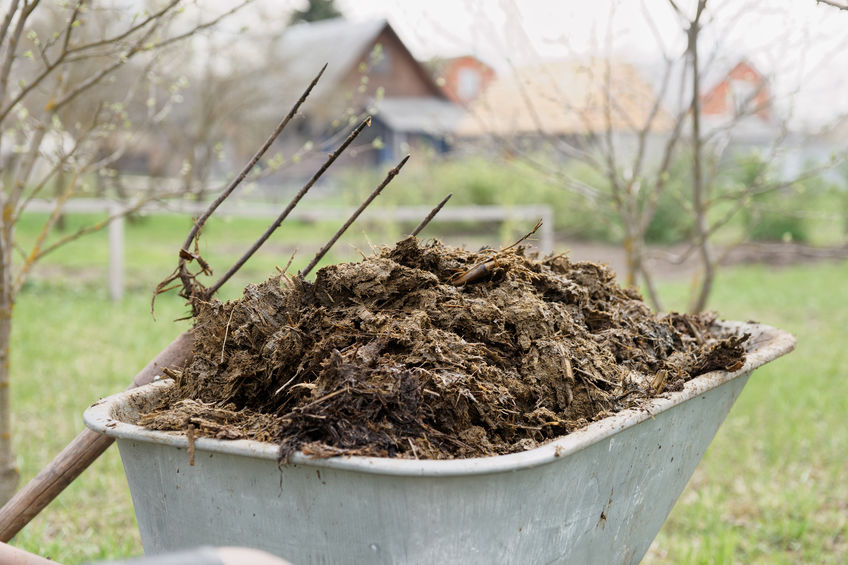Across the U.S., natural gas companies are looking to a new source in which to garner energy to make electricity…namely, “cow poop.”
“Poop is gold today,” said a Massachusetts dairy farmer in a recent television interview. His reason for exclaiming such is that his 800 Holstein cows, which generate a whole lot of the stuff, are raising his income and increasing the value of each cow by as much as 25%. Not a shabby profit for a thing beforehand he might have just let lay on the ground and tried not to step in.
Natural gas companies are interested in farm manure principally because of the methane it produces. After being collected, the cow plop is loaded into fat, domed silos called anaerobic digesters where it is mixed up, heated and left to stand for a month. After a while, the enzymes it contains breaks it down and releases even more methane. The gas is then collected, purified and concentrated to meet pipeline standards, and sent off to heat homes.
Of course, now the big question: Do these digestors stink up the place and smell? Actually, they don’t – and “no smell” is a big selling point. Dairy farmers traditionally get rid of their manure by spreading it on their farmland. It helps crops grow, but in many suburban areas the smell produces a lot of pressure on them to leave. This technology, fortunately, will help them be more welcomed by their leery upscale neighbors.
Perhaps not surprisingly, it’s not just animal manure that is being sought and utilized by gas companies, but also that of humans. The city of Phoenix, Arizona, for example, has been using a local sewage treatment plant for years to generate its electricity – and the results thus far, according to city officials, have been positive.
As reported in Scientific American:
The system [in Phoenix] can produce 600,000 cubic feet of natural gas each year. It earns $1.2 million in annual revenue, to be split by Phoenix and the suburbs that own the plant and is now the largest sewage recycler in the United States.
Kate Gallego, the mayor of Phoenix, noted that the result helped the area’s economy. It also nudged the city much faster toward its goal of reducing greenhouse gases. That’s the selling point that makes this approach different … Phoenix made money from manure, but the alchemy was richer than that. Its recycling process, when measured in reduced emissions, amounts to taking 70,452 cars off the road.
For the full story, read the original version at ScientificAmerican.com.
